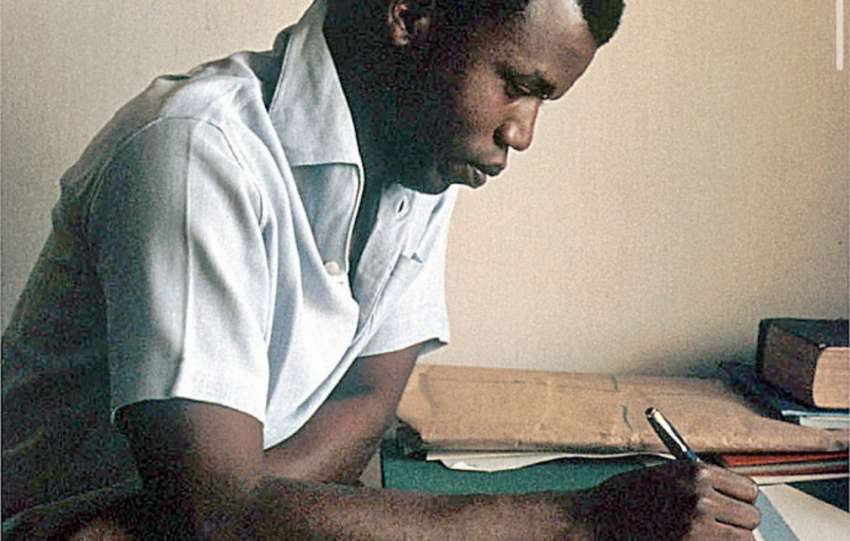The Igbo say: “Ọ̀ge erugo, ihe gbanwere”—the time has come, things have changed. For centuries, the divisions of Ọsụ, Ụ́mụ́, Ọhụ, and Diala shaped the way people lived. But in recent decades, new winds have blown across Igbo land. From symbolic cultural ceremonies to the voices of young people in towns and on social media, modern Igbo responses to the caste system show that history is not frozen, it continues to unfold.

The Changing Attitudes of the Youth
Many young Igbo today wear traditional cloth with pride, speak Igbo slang online, and celebrate festivals without asking questions of lineage. For them, friendship and love are shaped more by school, cities, and modern life than by the whispers of caste. This does not mean the old beliefs have vanished, but it shows a shift. The younger generation increasingly sees the caste system as part of the past rather than the future.
The 2018 Nri Cultural Ceremony
In 2018, traditional leaders at Nri, regarded as the spiritual cradle of Igbo civilization, gathered to perform rituals aimed at abolishing caste divisions. The event drew attention because of Nri’s symbolic place in Igbo history. Elders declared the end of caste boundaries and called for unity.
Yet, as in earlier times, the effort faced challenges. Igbo governance is decentralized, each town is independent, with its own shrines, beliefs, and customs. While Nri’s ritual was significant, many communities did not immediately adopt it. Still, it remains one of the most important modern attempts to heal the old divisions.

The Idea of Cultural Reinterpretation
Alongside ceremonies, scholars and thinkers have tried to imagine ways Igbo traditions could evolve without losing their essence. One such idea is Fundamental Cultural Liberalism (FCL), introduced as a framework that respects Igbo heritage but encourages equality and dignity (Nwaocha, 2021).
Instead of erasing old practices, FCL suggests they can be reframed such as viewing the ancient role of the Ọsụ not as a curse, but as a priesthood similar to monks in other traditions (Basden, 1966). Whether or not this idea gains wide acceptance, it reflects how modern Igbo continue to wrestle with history while facing today’s realities.

The Road Ahead
The Igbo say: “Mmụọ ochie anaghị agba ọsọ ọsọ, ma ọ na-agba ọsọ ogologo”—the spirit of tradition does not run fast, but it runs far. The caste system has lasted centuries, and its echoes are still heard. But modern responses from youth who ignore it, to rituals at Nri, to cultural ideas like FCL show that the story is still being written.
The future of Igbo unity may not come from one law or one sermon, but from countless small decisions: in the friends young people choose, in the marriages that are blessed, and in the stories communities continue to tell.
The history of the Igbo caste system is not only a tale of the past; it is also a living story of the present. From ceremonies to scholarship, from urban youth to village elders, the responses to caste reveal both continuity and change. As long as Igbo proverbs remind us that “Onye ághālá nwanne ya”—let no one be left behind. The conversation continues, and the story remains unfinished.
References
-
Basden, G. T. (1966). Among the Ibos of Nigeria. Frank Cass & Co. Ltd.
-
Nwaocha, O. D. (2021). Abolition of Osu, Ume, Ohu and Diala castes system in Igbo community: Approach through Fundamental Cultural Liberalism. Ikenga: International Journal of Institute of African Studies, 22(1), 1–20.
-
United Nations. (1948). Universal Declaration of Human Rights. United Nations. https://www.un.org/en/about-us/universal-declaration-of-human-rights



